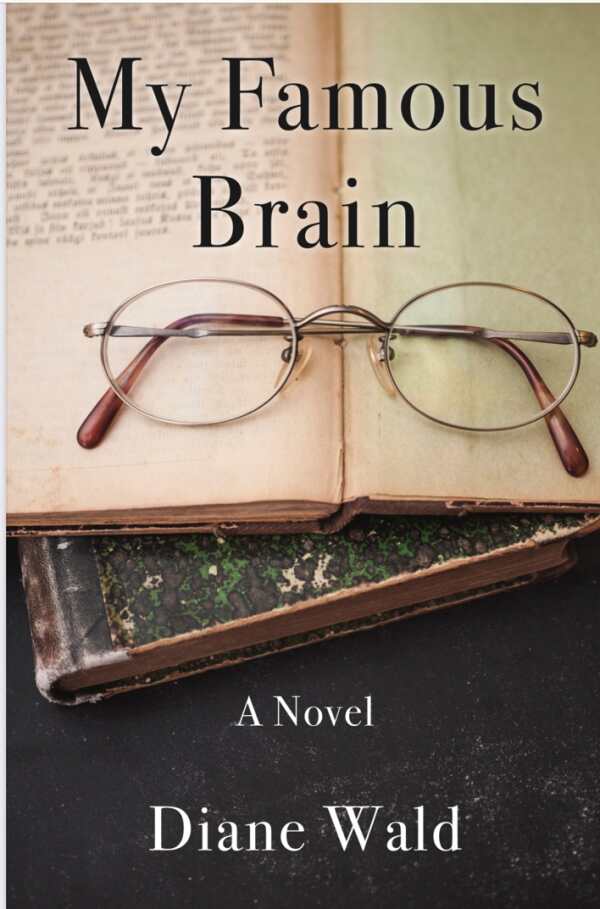My Famous Brain
- 2021 INDIES Winner
- Bronze, General (Adult Fiction)
In the literary novel My Famous Brain, a departed man reflects on his past with nostalgia.
In Diane Wald’s charming novel My Famous Brain, a psychologist probes the events of his life after the fact.
Fusty Professor MacLeod was a gifted child, and people thought he was destined to accomplish remarkable feats. But his amazing brain did not help him as much as was expected. Instead, he chose to pursue a conventional life full of ordinary trials: marital strife, workplace politics, blundered relationships, and heart-wrenching loss.
MacLeod narrates with the detached perspective of one who has moved on from the world, and who has found the afterlife to be a great relief. Throughout the novel, he dissects every aspect of his final years with affection. Though he has the difficult task of examining himself, the good doctor is able to do so with compassion.
With the gentle, even pace of a memoirist, MacLeod recalls events and social connections with the precision of someone who is blessed with a photographic memory. Much of his tale takes place in the somewhat sheltered college towns and campuses of the Northeast in the 1970s. His personal dramas are impacted by the turmoil of the era only in light ways; for the most part, the professor is restricted to his academic circles, where he converses with colleagues and friends in a manner that is both formal and old fashioned. Still, while he is not “with it,” MacLeod is an appealing lead who is more open minded than most of the people he is surrounded by, and he refuses to engage in any snobbery and bigotry in his environment.
MacLeod is seen to delight in intellectual conversations and to seek genuine connections with those around him—even from the beyond. As the story progresses, he gains the capacity to visit family and friends from the afterlife, an activity that provides him joy and solace. At the same time, he never attains any kind of cosmic understanding from his existence in the hereafter. His progressions as a character are experienced as recollections of the past. “I was the guru of nothing but my own life,” the professor admits with sadness.
Because MacLeod’s storytelling is bound by his past, he resolves very few mysteries in the course of the story, and very few others share the stage in a substantial way. Only his former student and greatest love, Eliza, has space to relate her own experiences and show how MacLeod impacted her existence. While their affair is uncomfortable by contemporary standards, Eliza moves on to occupy her own world without ill effect. Though the psychologist ought to have known better, both MacLeod and Eliza seem to forgive the relationship as a minor transgression.
My Famous Brain is a nostalgic literary novel in which a departed man reflects on his past suffering, but determines that regret is best left to the living.
Reviewed by
Brandee Gruener
Disclosure: This article is not an endorsement, but a review. The publisher of this book provided free copies of the book and paid a small fee to have their book reviewed by a professional reviewer. Foreword Reviews and Clarion Reviews make no guarantee that the publisher will receive a positive review. Foreword Magazine, Inc. is disclosing this in accordance with the Federal Trade Commission’s 16 CFR, Part 255.

